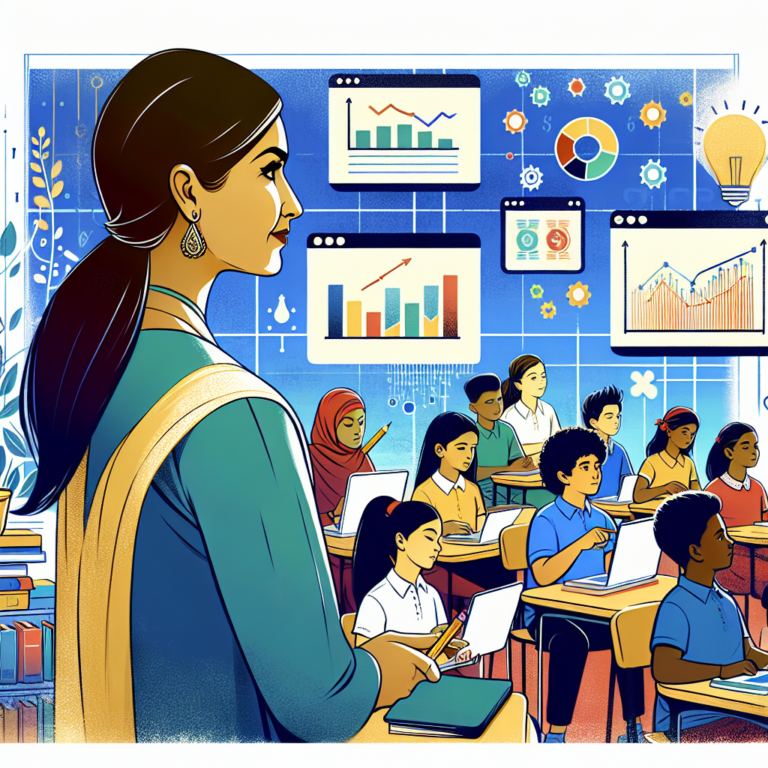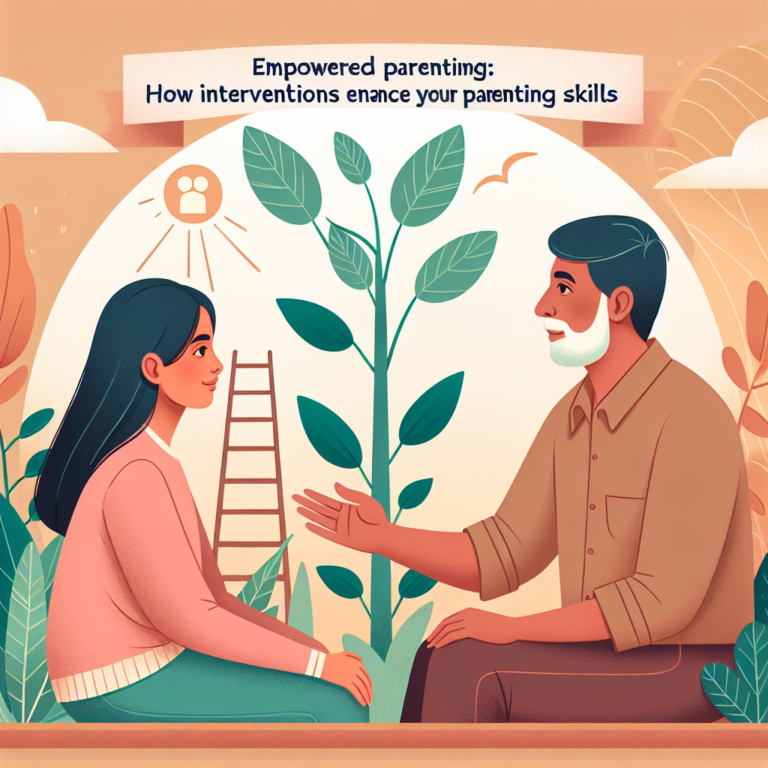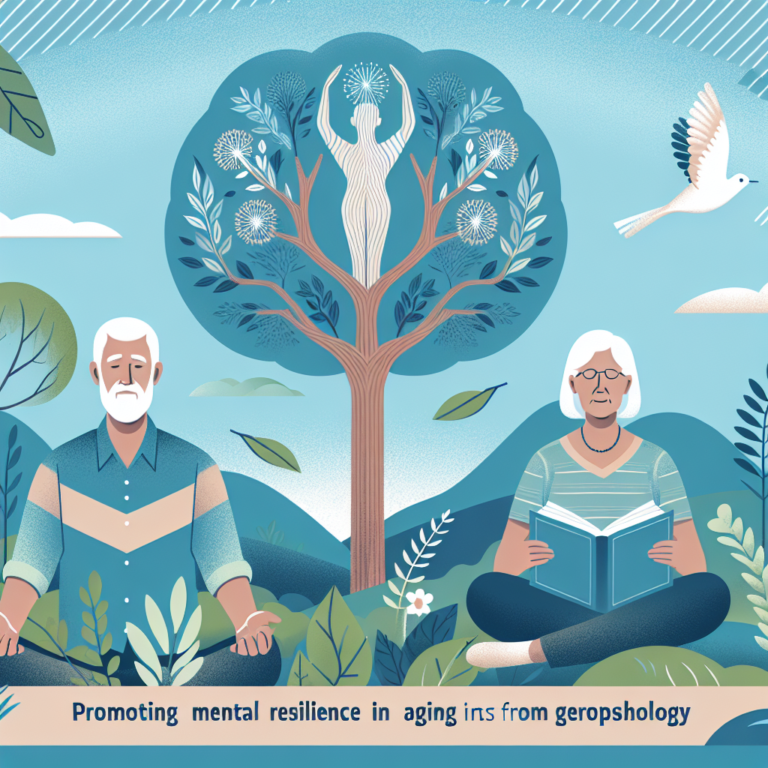
Introduction
In today’s rapidly evolving job market, the journey from interest to action is more crucial than ever. Many individuals find themselves grappling with career choices, unsure of how to translate their passions and interests into actionable steps. Enter vocational assessments—a powerful tool designed to bridge the gap between personal interests and professional opportunities. This article delves deep into From Interest to Action: How Vocational Assessments Shape Career Journeys, showcasing how these assessments can transform ambiguous aspirations into clear career paths, and ultimately, fulfilling careers.
Why Vocational Assessments Matter
Understanding Vocational Assessments
Vocational assessments are structured tools that help individuals identify their interests, skills, values, and personality traits related to the world of work. These assessments can range from simple questionnaires to comprehensive evaluations, serving a diverse audience—the undecided high school graduate, the seasoned worker seeking a career change, or anyone in between.
The Impact of Career Decisions
Having clarity about your career choices is vital. According to a study by the American Psychological Association, a staggering 70% of workers are disengaged from their jobs. Many of them report feeling lost in their career paths, underscoring the necessity of interventions like vocational assessments.
Case Study: Sarah’s Journey
Let’s take a closer look at Sarah, a 29-year-old marketing professional who felt unfulfilled in her position. After undergoing a vocational assessment, she discovered a strong interest in environmental sustainability. Feeling inspired by her results, Sarah shifted her career focus to green marketing, combining her skills with her newfound passion. Today, she works for a reputable NGO, passionately advocating for environmental causes.
Analysis of Sarah’s Case
Sarah’s journey showcases how understanding one’s interests through assessments can lead to significant career changes. It highlights the importance of taking actionable steps based on insights gleaned from these assessments.
The Process of Vocational Assessments
1. Identification of Interests
The primary focus of vocational assessments is to pinpoint interests. Commonly used tools like the Strong Interest Inventory or the Holland Code (RIASEC) help individuals align their interests with potential career paths.
Table: Interests versus Career Choices
| Interest Area | Related Careers |
|---|---|
| Artistic | Graphic Designer, Musician |
| Investigative | Scientist, Technical Writer |
| Social | Teacher, Counselor |
| Conventional | Accountant, Administrative Assistant |
2. Skill Assessment
After outlining interests, the next step involves assessing one’s skills. Tools like skill inventories help identify what an individual does best and how those abilities connect to various job roles.
3. Values Assessment
Understanding personal values is essential for long-term satisfaction. An individual’s values—like work-life balance, salary expectations, or workplace culture—must align with their career choices.
4. Personality Evaluation
Finally, personality assessments (such as the Myers-Briggs Type Indicator) provide insights into traits that influence work behavior and preferences. For instance, an extroverted individual may thrive in roles that require teamwork and communication, while an introvert may prefer independent work.
Turning Insights into Actions
Setting Career Goals
Once an individual has completed their vocational assessment, the next step is setting realistic career goals based on these insights. SMART goals—Specific, Measurable, Achievable, Relevant, and Time-bound—provide a framework for ensuring that aspirations become a reality.
Networking and Mentorship
Networking plays a crucial role in career development. Engaging with professionals in one’s field of interest can yield valuable insights and opportunities. Additionally, finding a mentor can help guide someone through their career journey, offering advice and encouragement based on their own experiences.
Case Study: Michael the Transitioner
Now, let’s explore Michael, a 45-year-old corporate executive who felt stuck in his monotonous role. Through vocational assessments, he uncovered his passion for coaching. Michael made a plan to transition into career coaching, networking with successful coaches in his area. Today, he runs a thriving coaching business, helping others find fulfillment in their careers.
Analysis of Michael’s Journey
Michael’s story emphasizes the need for actionable steps after gaining insights from assessments. His proactive approach to networking and mentorship illustrates how to leverage newfound interests effectively.
Overcoming Barriers to Effective Career Change
Fear of Change
One of the most significant barriers in transitioning careers is the fear of change. Vocational assessments help mitigate this risk by offering clarity and confidence in one’s choices.
Financial Concerns
Many individuals worry about the financial implications of changing careers. Conducting thorough research and engaging in informational interviews can help ease these concerns by providing realistic expectations.
Time Commitment
Transitioning to a new career often requires time and effort. It can be beneficial to set small, manageable steps to achieve long-term goals, making the process less overwhelming.
Measuring Success: How to Gauge Progress
Setting Milestones
Establishing milestones along the career journey can help individuals evaluate their progress. Tracking achievements, completed training, or new skills acquired can motivate continued growth.
Reflection and Adaptation
Regularly reflecting on one’s career journey allows for necessary adjustments. The job market is dynamic; thus, flexibility and willingness to adapt are essential.
Case Study: Lisa’s Continuous Growth
Lisa, a former teacher turned graphic designer, exemplifies the importance of reflection. After completing a vocational assessment, she transitioned careers but realized she missed working with students. Through reflection, Lisa is now developing educational materials that incorporate her design skills, blending her two passions.
Analysis of Lisa’s Growth
Lisa’s ongoing development highlights the idea that career paths are not linear. Instead, they can incorporate various interests, leading to unique, fulfilling roles.
Conclusion
From Interest to Action: How Vocational Assessments Shape Career Journeys emphasizes the transformative potential of these tools. By identifying interests, skills, values, and personality traits, individuals can take definitive steps towards careers that genuinely resonate with them. The journeys of Sarah, Michael, and Lisa illustrate the differences vocational assessments can make.
As you contemplate your career journey, remember the power of taking that first step. Embrace vocational assessments as your reliable compass, guiding you from mere interests to actionable career goals. Your most fulfilling career is within reach—be prepared to pursue it with determination!
FAQs
1. What is a vocational assessment?
A vocational assessment is a tool used to evaluate an individual’s interests, skills, and personality traits to help them identify suitable career paths.
2. How do I choose the right vocational assessment for me?
Selecting an appropriate vocational assessment depends on your specific needs, such as career exploration, skill evaluation, or personality insights. Consult with a career counselor for tailored recommendations.
3. Are vocational assessments effective?
Yes, various studies have shown that vocational assessments enhance career satisfaction, productivity, and engagement by aligning individuals with roles that resonate with their interests and skills.
4. Can I retake a vocational assessment?
Absolutely! Circumstances often change, and retaking assessments can offer updated insights that reflect your current interests and skills.
5. Is there a cost for vocational assessments?
Many vocational assessments are available for free online, while others may come at a cost if administered through career services or counseling centers. It’s essential to evaluate what’s best for your situation.
By embracing the insights of vocational assessments, you equip yourself with the tools needed to navigate the complexities of modern career challenges. Remember, the journey from interest to action begins with understanding yourself better, and every step forward is a step closer to achieving your dream career.















